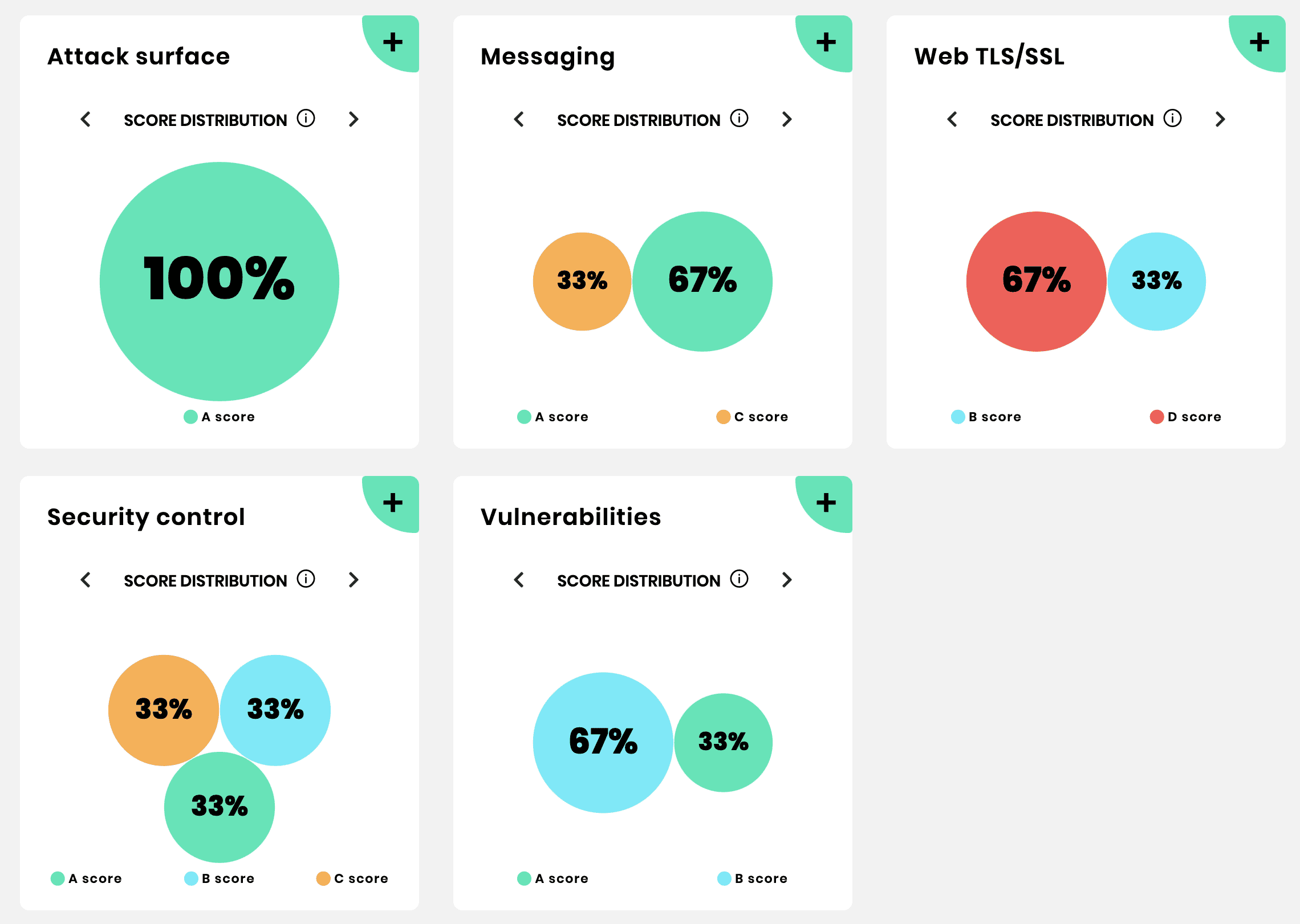Introduction
vCanopy’s Single Sign On (SSO) is a handy way to quickly log into your WordPress websites without needing to manually do so with your username and password. Full details can be found in this knowledge base article:
Using vCanopy WP-Admin Single Sign On (SSO)
How vCanopy SSO Works
By default, our SSO feature uses the WordPress user with the lowest ID number inside the wp_users database table. It starts with WordPress user #1, and if that doesn’t exist, tries #2, and so on.
If you would like to change this to another user, it’s a quick simple process.
Step 1. Check Your User ID
To locate your desired user ID number, open up PHPMyAdmin for your website by clicking on the database icon next to your website on the Sites page:
This will automatically log you in. From here, select the database and click through to wp_users. User ID numbers are displayed in the ID column, followed by the user_login column.
Note your user’s ID number and proceed to the step below.
Step 2. Update Your SSO ID
To get started you’ll need to connect to your server. If this is your first time doing so please see the following guides to get started:
Step 1. Generate your SSH Key
Step 2. Add your SSH Key to vCanopy (also see Add default SSH Keys)
Step 3. Connect to your server by SSH as Root user (we like and use Termius)
The WordPress user ID the SSO feature checks first is contained in the wpadmin_id.env in your websites /logs directory.
By default it contains “1“. You can update this with the ID number of the WordPress user you want SSO to log in to your website as.
1. Update the wpadmin_id.env file
Edit the file with the following command, replacing “site.url” with your website’s URL:
nano /var/www/site.url/logs/wpadmin_id.env
Switch out the number, then save the file with CTRL+O followed by Enter. Exit the file with CTRL+X.
2. Confirm Your Work
Back inside your vCanopy account, click on the SSO button and confirm you’re now logged in as the correct admin user.
Once done you’re all set!







%20User/change-sso-user-01.png)
%20User/change-sso-user-02.png)